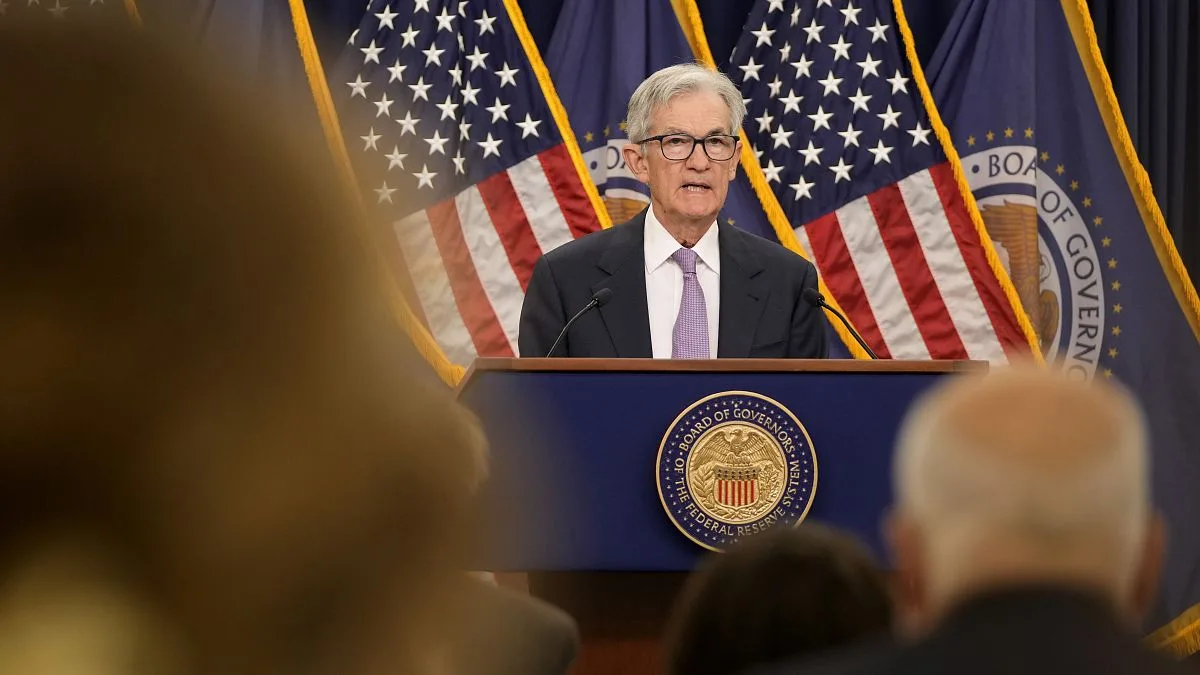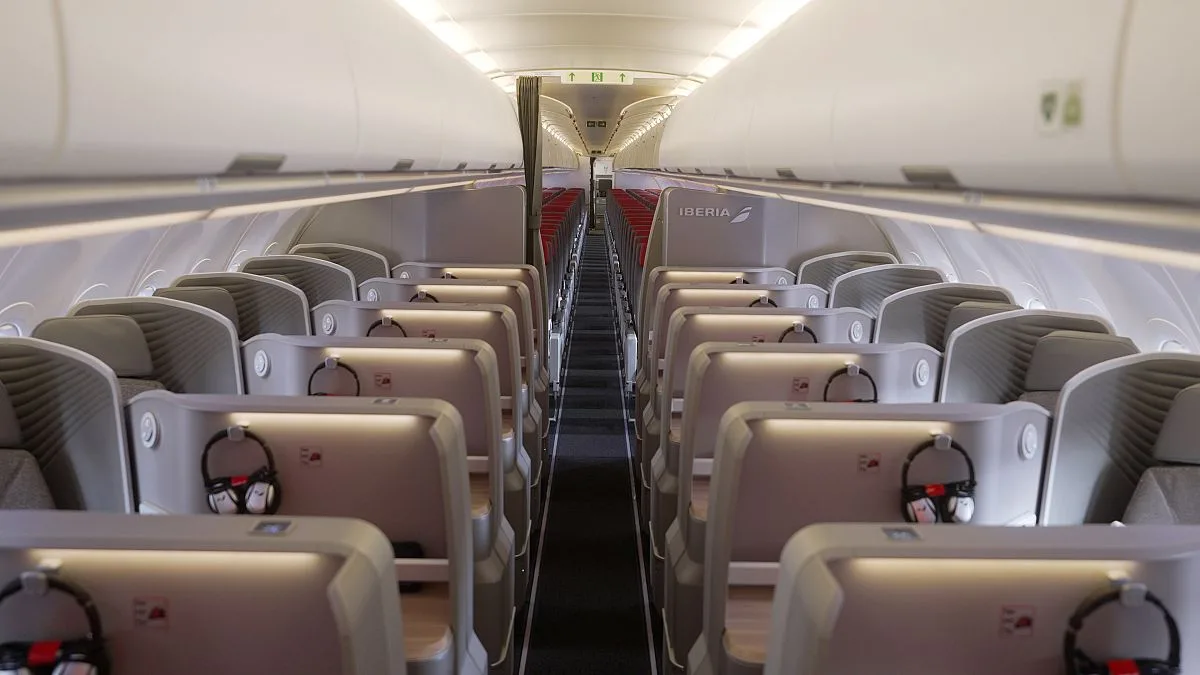U.S. President Joe Biden has officially announced a ceasefire that will take effect at 4 AM GMT on Wednesday.
The Israeli cabinet has ratified a ceasefire agreement brokered by the United States, following a recommendation made public by Prime Minister Benjamin Netanyahu earlier in the day. The ceasefire is initially set to last for a duration of 60 days, though Netanyahu cautioned that its continuation may be influenced by developments in Lebanon.
Netanyahu stated, “The duration of the ceasefire depends on what will happen in Lebanon. In full understanding with the United States, we maintain full military freedom of action. If Hezbollah violates the agreement and tries to arm itself, we will retaliate. If it attempts to rebuild terrorist infrastructure near the border, we will respond with force.”
In a speech delivered in the Rose Garden at the White House, President Biden emphasized that this ceasefire between Israel and Hezbollah marks a crucial moment, declaring that it will commence on Wednesday at 4 AM local time (2 AM GMT). He expressed hope that this deal “heralds a new start for Lebanon” following the deadliest conflict between Israel and Hezbollah in recent history.
Analysts suggest that this agreement represents a notable accomplishment for Biden’s foreign policy agenda. In the lead-up to the ceasefire, the Israeli military issued numerous evacuation warnings, signifying its intent to impose sanctions on Hezbollah right up to the moment the ceasefire takes effect. For the first time in this conflict, Israeli ground forces penetrated the Litani River region in Lebanon, a central element of the emerging deal.
It is important to note that this agreement does not impact Israel’s ongoing military operations against Hamas in Gaza, which appear to be ongoing with no end in sight.
Escalating Conflict Before the Ceasefire
The Israeli evacuation alerts extended to numerous neighborhoods, including parts of Beirut that had previously not been targeted. This raised alarm among residents, prompting many to flee amidst heavy traffic congestion, with some cars even carrying mattresses strapped to them. In a central square, dozens of individuals gathered, some still in their pajamas, seeking warmth under blankets or huddling around fires as Israeli drones flew ominously overhead.
In stark contrast, Hezbollah continued its rocket assaults, setting off air raid sirens across northern Israel. Nevertheless, some Lebanese officials have stated that Hezbollah is supportive of the ceasefire agreement.
Photo credit & article inspired by: Euronews



